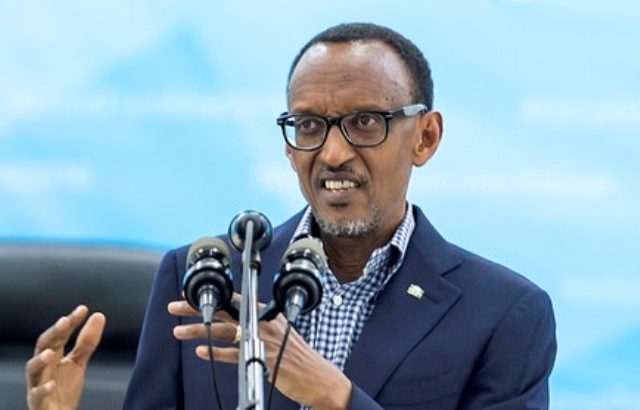The Cabinet Retreat that was concluded on 13th March 2016 in Gabiro adopted a number of resolutions including the 11th resolution on “encouraging Rwandans to save and invest in long term products”. My article today is a reflection on why long term saving and investment saves the nation from economic turbulences and help investors to have financial plan for wealth creation.
Although, it is demonstrated that Rwanda is on a growth trajectory, no country can insulate itself fully from external shocks. In this way, the domestic savings serve as a cushion to absorb the shocks and quickly come on course to again steer the economy to growth.
While the vision 2020 emphasizes on, among other things, saving and putting in place policies that create conducive environment for the private sector development, EDPRS II focuses to, among other things, the importance of saving and availing the financial services that have specifically to target to the poor to allow them to graduate into using formal to achieve at 80% of financial inclusion in Rwanda.
To achieve that objective, the Government of Rwanda, believes that saving should go hand in hand with investment. With the view to expand the financial sector, avail financial services to all and ultimately enhance financial inclusion, the Government of Rwanda has added unit trust, as an investment channel and opportunity to ease and encourage all Rwandans, especially the poor, to save and invest with the long term end.
Through the Ministry of Finance and Economic Planning, Rwanda has established the Rwanda National Investment Trust Ltd (RNIT Ltd) to promote and manage funds including unit trusts with a view to augment the domestic resource mobilization.
The RNIT Ltd falls under the Government of Rwanda objectives of promoting the culture of savings by designing products that suit the various investment needs of the people. Unit Trust also provides access for investors into financial market and will also assist in the Government’s plan of financial inclusion.
By the way of definition, unit trust is an investment opportunity that enables investors to pool their money along with other investors who have similar investment objectives. The aggregate sum is then used by the fund to build a diversified investment portfolio which comprises stocks, bonds and other assets in accordance with the investment objective of the fund.
Unit Trust are the ideal investment vehicles for investors seeking exposure to the financial markets across the spectrum, from the individual to pension funds, companies and government institutions, etc. It should be recalled that unit trust invest in different types of products which come on the market on different times and increase in different times.
Rwanda is soon launching newly created first general investment named RNIT ITERAMBERE FUND which will be opened for both retail as well as institutional investors in Rwanda including the Diaspora but also EAC nationals (both retail and institutional) and international institutional investors within the permissible legal framework of Rwanda.



The Fund’s money will be managed by professional manager (RNIT Ltd) who will invests it in a portfolio of securities such as equity, bonds, money market instruments, or other authorized securities.
RNIT ITERAMBERE FUND will offer two options: Income option and reinvestment option with minimum investment of FRW 2,000 with no maximum limit.
The Fund’s income shall be distributed periodically under income option. For investor under reinvestment option, the income shall be reinvested in the different categories of assets in the fund.
Interestingly, unit trust has proven to be so suitable investment opportunity for regular income or salary earners due to the facility it provides for them known as Systematic Investment Plan (SIP).
This is a method of investing a fixed sum and an investor can invest a pre-determined fixed amount in the Scheme every month depending on his convenience through the employer or through a standing order to the bank.
But how do investors acquire units of the Fund? Investors will acquire units during the Initial Public Offer and through subsequent sale periods. The acquisition is made either by payment order, cheque or by bank transfer payable to scheme at any of the designated collecting agents.
When an investor needs his money, the fund will repurchase his or her units; this will be done on a weekly basis, that is, every Thursday on an ongoing basis. The repurchase price will be calculated by considering the NAV per unit on the next business day.
In the end, unit trust investments present important value due to the fact that they enable investors to acquire buying power in the sense that they also enables fund managers to buy shares, bonds, money market and other assets that the small investor ordinarily would not be able to afford.
As a matter of fact, history has shown that average returns from unit trust companies compare very favorably with returns from respective benchmark indices.
Undoubtedly, it should be emphasized that the longer an investor leave his or her money invested in unit trust, the greater the opportunities for capital appreciation, income distribution and wealth creation at large.
The 11th Resolution of the Cabinet Retreat of making saving easy encouraging Rwandans to save and invest with a long term view was adopted when a number of saving channels are on the way to be launched soon to fill the existing gap in terms of enabling Rwandans to save and invest.
Emmanuel -Kigali






